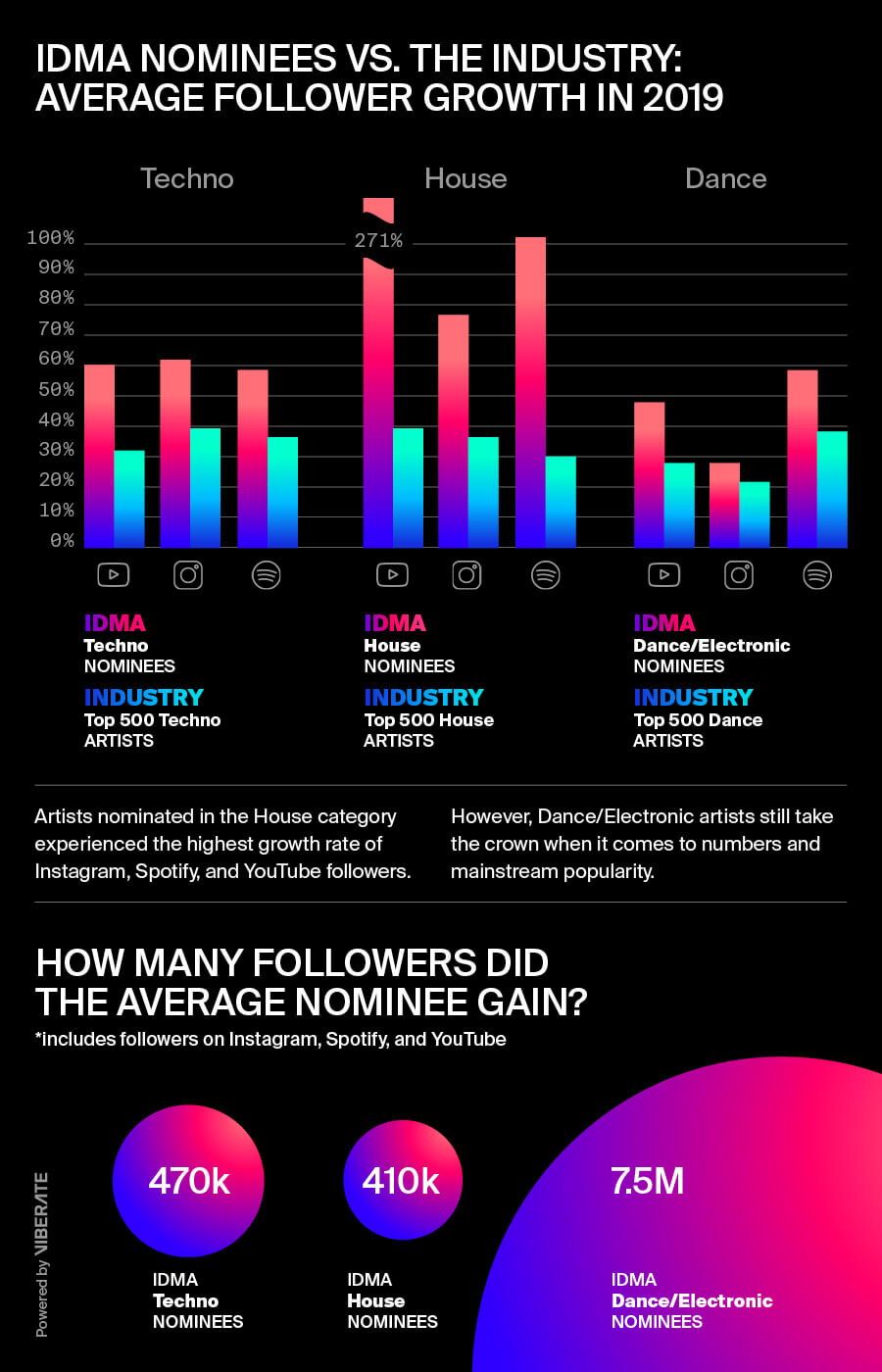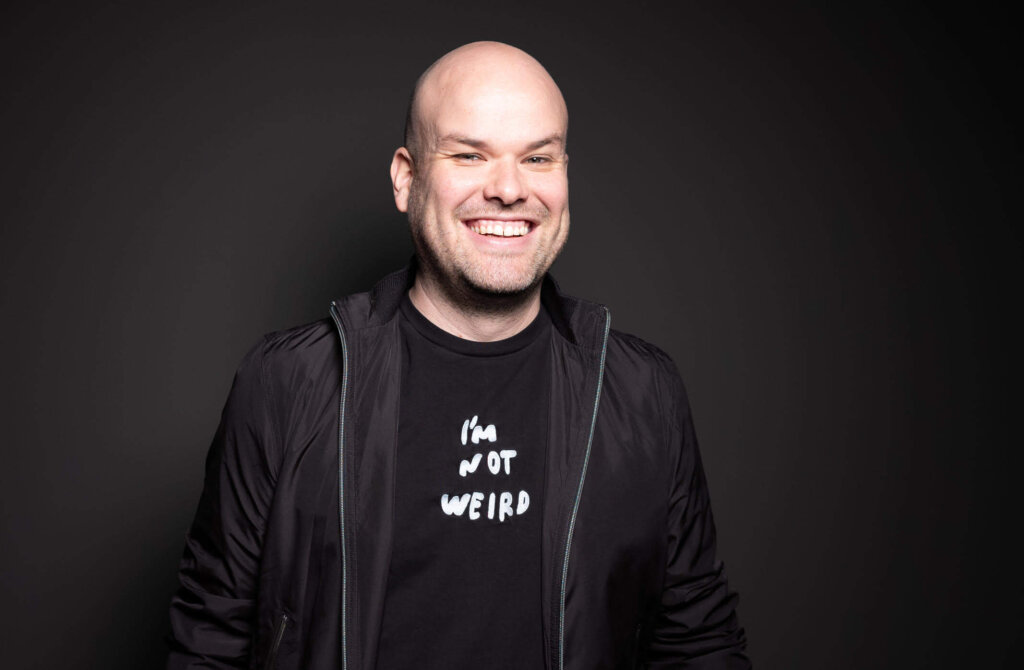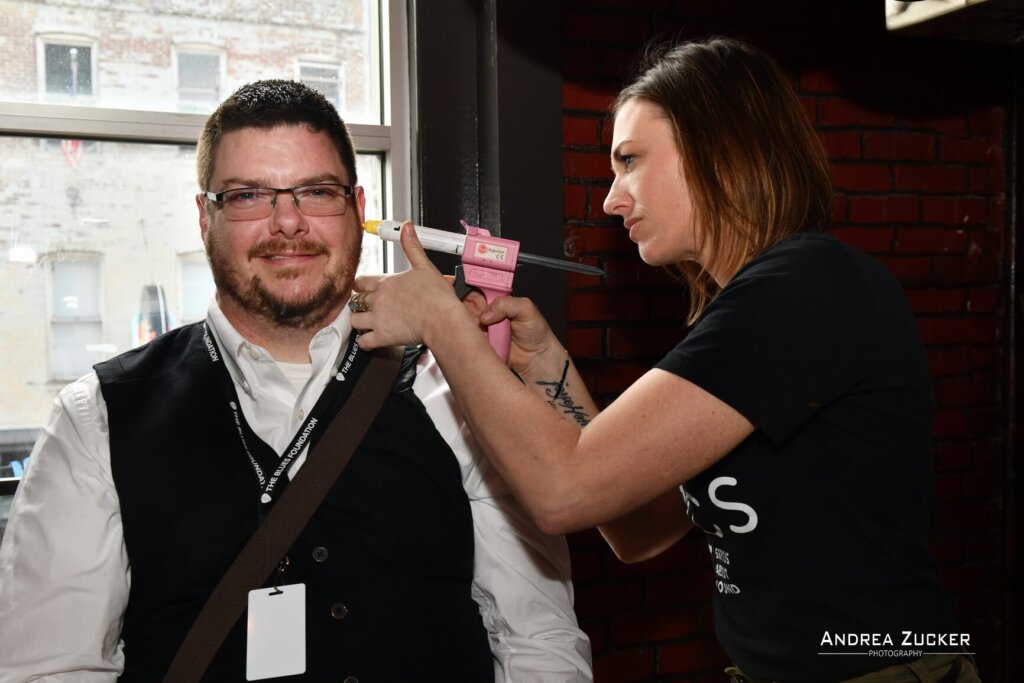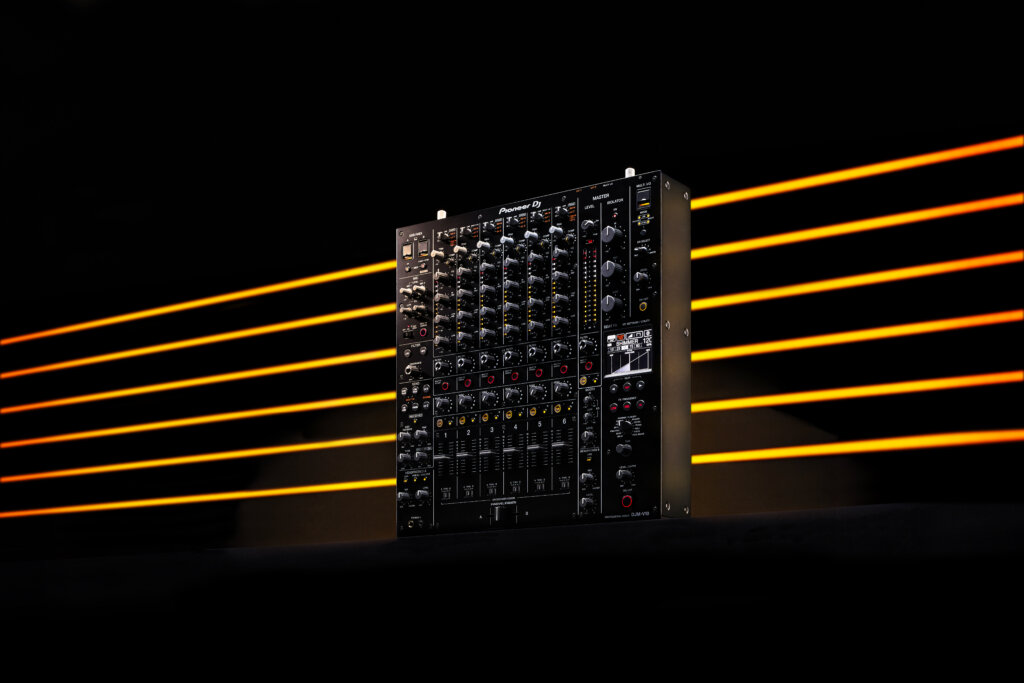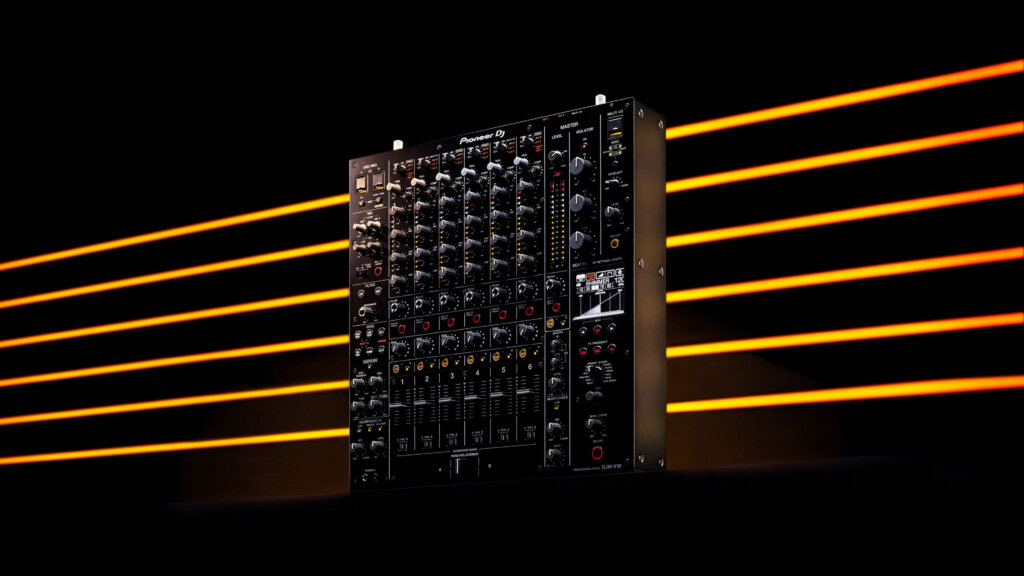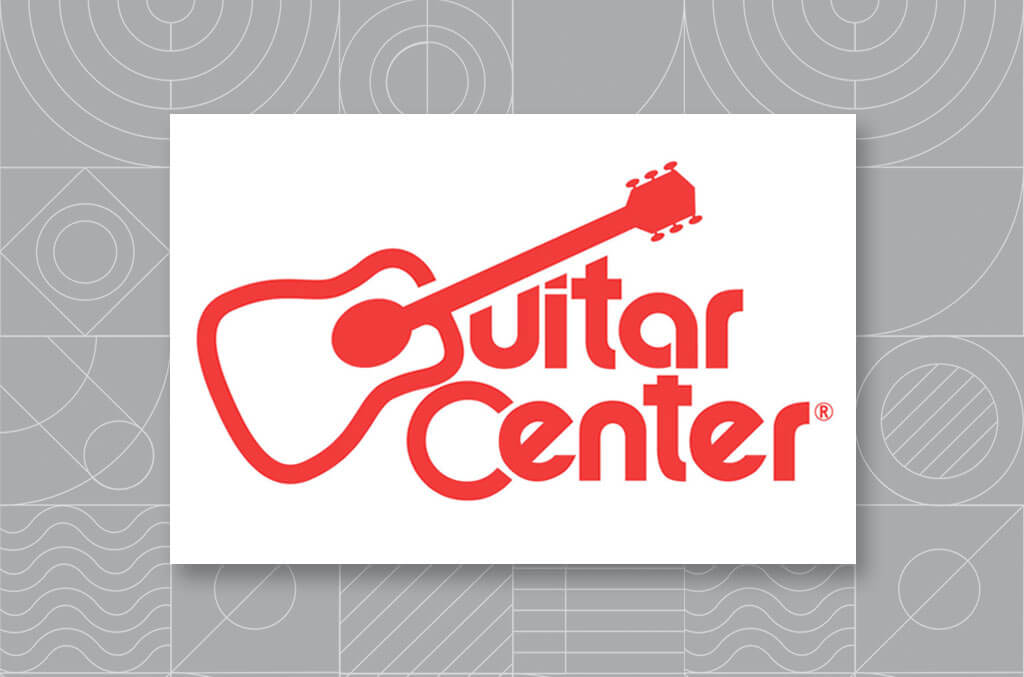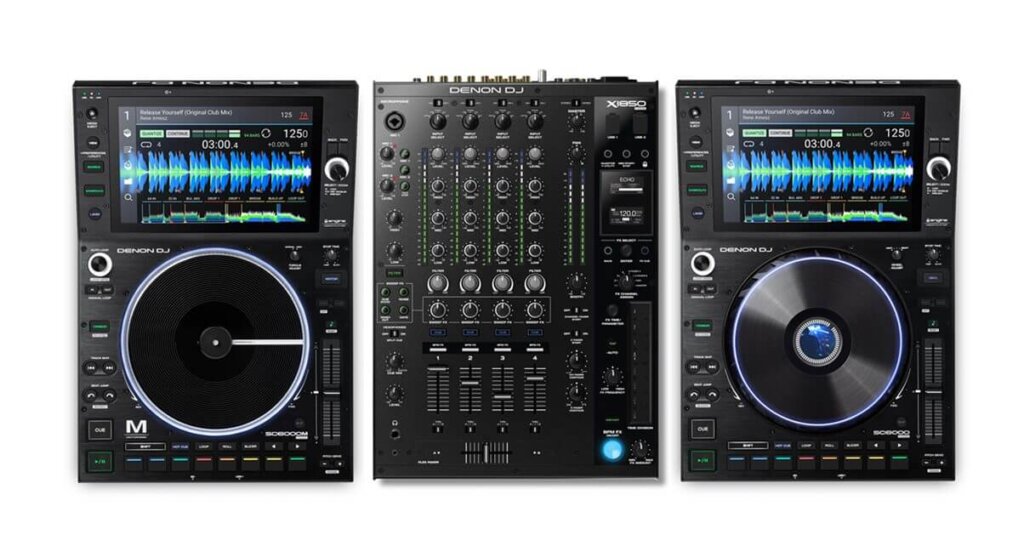Interview: Vasja Veber, Viberate Co-Founder, On One Simple Rule That Will Change the Future of the Music Industry
Ever wondered how a simple rule of “one artist = one profile” has the power to change the future of the industry and bring agents out of the smoky bars? If you haven’t heard of Viberate yet, picture it as a place that brings together the music data that is scattered all over the world wide web. A project, started by techno DJ and producer, UMEK, and his managing team, grew up to be a platform of over a million profiles of artists, festivals, venues, and events. More importantly – it gives music professionals the tools to make better business decisions.
Social media and streaming metrics are here to stay. To discuss how they can be a deciding factor of success, Vasja Veber, co-founder of Viberate and one of the two managers who fathered the idea, will host a panel of industry giants at the Winter Music Conference. As an overture he explained the process behind populating the IDMA artist specific categories and took a look into the curious new world of music data.
We don’t often think about music in terms of science, but data opens new possibilities. This year, for the second time, Viberate presented nominees for the International Dance Music Awards based on artist popularity. What’s the science behind it?
We picked the nominees based on their popularity across numerous social and streaming services in the past year. The science behind it is much more complex than just counting likes and followers. We use statistical and mathematical methods to reduce followers, likes, plays, retweets, event appearances, and other popularity indicators down to one common denominator. Doing this for nearly half a million artists in our database is anything but a walk in the park. Still, we think that our popularity charts resonate an artist’s true popularity, and in our eyes (and our algorithms) all nominees are winners already, just by making it on the nominee list.
How did Viberate come to be?
It started as a pet project. The founding team consists of a world-class techno DJ, UMEK, and his two managers. Back in the day we were investing heavily into Facebook advertising, trying to give UMEK’s career an additional boost. But there was no way to see how those investments paid off in terms of his popularity. Sure, gigs were coming in and fees were going up, but that could’ve been the case for other artists from his genre as well.
So, we decided to set up a simple website that measured the popularity of DJs. At the beginning it was really only about counting likes and followers, but it was enough to take off. After manually entering the first 1,000 artists, we opened up the database so anyone could add new artists. We ended up with 30,000 user-generated profiles in a little over a year. The case was validated, and long story short: we raised $12M, and today we employ over 110 people worldwide.
Can music data really change the future of the industry?
I often say that Viberate is a kind of IMDb for the music industry. It is safe to say that IMDb changed the movie industry. Today we can’t imagine how it would be if we couldn’t check a movie’s IMDb rank before playing it on Netflix. If you see a familiar actor and can’t remember where you’ve seen them before – where do you go? Exactly, IMDb.
We want to create a similar, standardized source for music. We already feature pretty much every notable artist in the world. We analyze over a billion data points at any given moment to rank artists as well as highlight the most trending and hottest content they are putting on their official channels.
The most important thing here is to maintain the database to be relevant and up-to-date. We follow one strict rule and that is “one artist = one profile.” Because of the spelling mistakes and inconsistent use of the artists’ names, having all content lined up under the same profile is a challenge. Until now, nobody has tapped into this. That’s why we put together a database team that makes sure there is no duplication. That places us at the forefront of the industry when it comes to consistency.
Having such a clean data set allows for numerous integrations and development of an array of business models for companies that deal with large amounts of artist profiles, such as ticketing or streaming services.
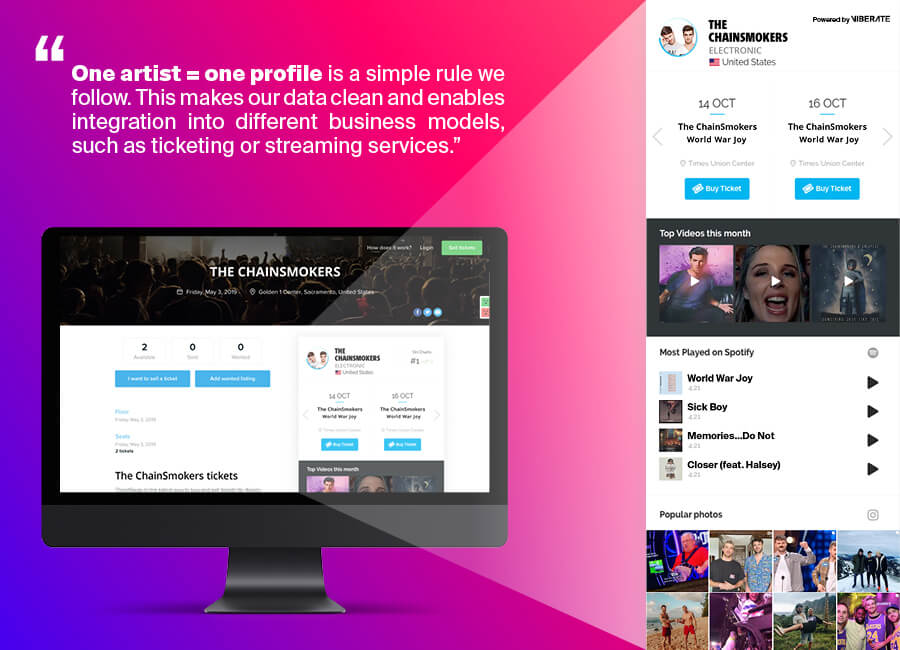
We also build apps on top of our data. The latest addition to the Viberate family is our Festival Apps platform, which allows festivals to create mobile apps with only a few clicks and utilize Viberate’s data.
Profit vs. loss is a make-or-break challenge of every business, music being no exception. You’ll cover it on your panel at WMC, but give us a sneak peek.
Back in the days artists were discovered in smoky bars and agents needed to develop a serious drinking habit to keep up with the latest trends. Now, new talent is discovered online, and everyone wants to sign that kid who is raking up plays like crazy, playing guitar on YouTube. With millions of artists out there, it’s impossible to keep track, so this is where music-data companies step forward. On the panel we will discuss how different industry stakeholders take advantage of different data sources and methods to improve their chances of winning it big.
The list of panelists is really impressive and includes Emily Blake, who is Rolling Stone’s chief of charts; Andre Glanz, who is the head of music programming at Napster; and Arabian Prince, the founding member of N.W.A. and a very tech savvy guy. It will take place on Wednesday, March 18 on the main stage, so make sure to mark your calendar.
When crunching the industry numbers – what stands out?
At first it might look like a whole lot of numbers that would make somebody who doesn’t like math run for the hills. Luckily, we are a bunch of music data nerds, so there’s nothing to be afraid here. When taking different factors into consideration, we see a clearer picture – we’re able to predict trends, take different genres under the microscope, and detect the rising stars and the strongest players. This years’ IDMA nominees are a good overlook of the industry. It’s always a challenge to pinpoint the top five when the competition is fierce. To see the difference between the nominees and the industry, we also took a look at different sub-genres and compared the growth across the channels. The results are interesting, and since it’s always easier to bring data to life with visuals, we made a couple of infographics to back this up.
